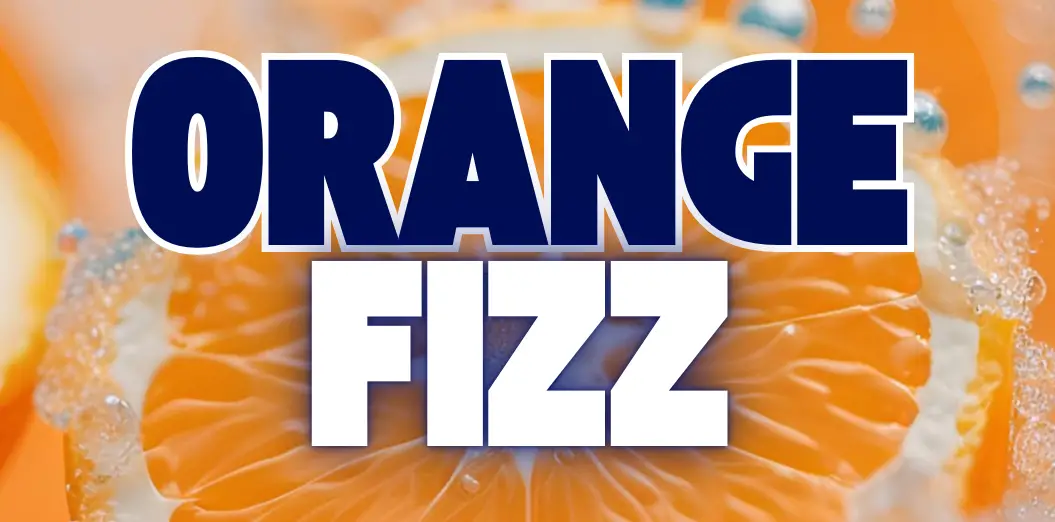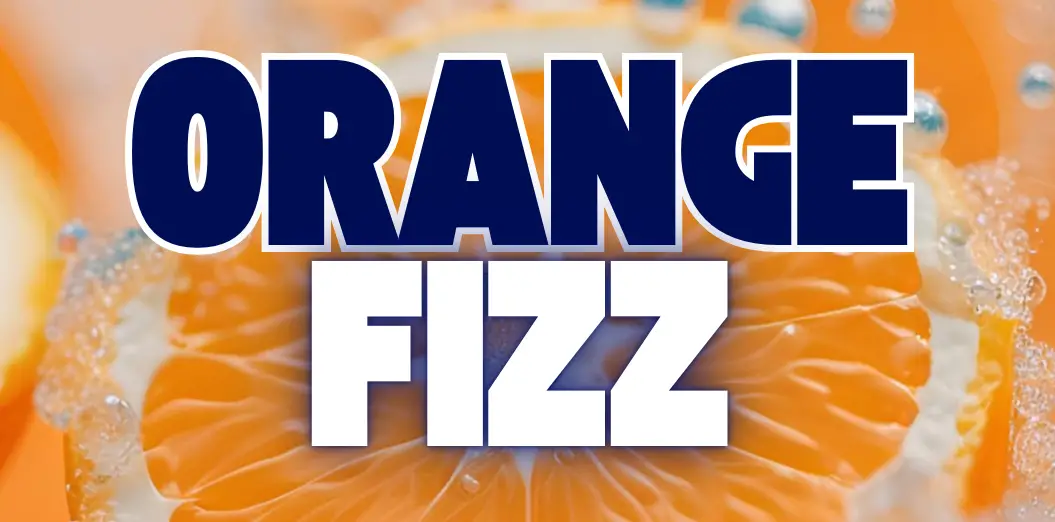Cannabis enthusiasts often hear terms like THCA, Indica, and Sativa. But where does THCA fit into all of this? If you’re a beginner, it’s easy to get confused by all the jargon. THCA is the non-psychoactive precursor to THC, the compound responsible for the ‘high’ in cannabis.
But things can get tricky when it comes to whether THCA is Indica or Sativa. This guide will break it down for you in simple terms, helping you understand how THCA relates to these well-known cannabis strains. Whether you’re trying cannabis for the first time or just curious about the different THCA strains, we’ll help clear up the confusion so you can make informed choices. Let’s get started!
What Is THCA?
THCA stands for tetrahydrocannabinolic acid. It is one of the many compounds found in cannabis plants, specifically in their raw form. THCA is the precursor to THC (tetrahydrocannabinol), the compound most commonly associated with the psychoactive effects of cannabis.
Unlike THC, THCA doesn’t produce a “high.” This is because it’s not psychoactive on its own. THCA needs to be converted into THC by applying heat to interact with the body’s endocannabinoid system and create the characteristic effects of cannabis.
If you’re interested in exploring the potential benefits of different THCA strains, you might want to check out products from Exhale Wellness. Their range of THCA options allows you to enjoy the plant’s natural compounds in a way that suits your needs and preferences.
How THCA Converts To THC?
The conversion of THCA to THC is a chemical reaction called decarboxylation. This process occurs when cannabis is exposed to heat. For example:
- Smoking: When you light cannabis, the heat transforms THCA into THC almost instantly. This is why smoking cannabis results in a psychoactive experience.
- Vaping: Similar to smoking, vaping heats cannabis to a temperature that activates THCA and converts it to THC, producing the same effects.
- Cooking: When making edibles, the heat from cooking activates THCA, turning it into THC. This process is crucial for edibles to have the desired effects.
Understanding this conversion process is critical to grasping how THCA affects the body and why it’s essential in both raw and heated cannabis.
Indica vs. Sativa: The Basics
Before getting into THCA, is it indica or sativa? Let’s know the basics:
Indica Strains
Indica strains are often known for their relaxing and soothing effects. These strains are commonly used for:
- Sleep Disorders: Indica strains are popular among those who have trouble sleeping. Their calming effects can help induce sleep and improve overall sleep quality.
- Pain Management: Indica strains can effectively manage mild pain and discomfort.
- Anxiety and Stress Relief: Many users find Indica strains helpful for feeling worry-free and relaxed, thanks to their soothing properties.
Indica plants are shorter and bushier, with broad leaves and dense buds. They often have higher levels of CBD than Sativa strains, contributing to their relaxing effects.
Sativa Strains
On the other hand, Sativa strains are known for their stimulating and energizing effects. They are commonly used for:
- Daytime Use: Sativa strains are often chosen for daytime use because they enhance focus, creativity, and social interactions.
- Mood Enhancement: Many users find Sativa strains helpful for lifting their mood and enabling them to feel positive.
- Increased Energy: Sativa strains are popular among those who need an energy boost or want to engage in physical activities.
Sativa plants are typically taller and slimmer than Indicas, with narrow leaves and airy buds. They usually have higher levels of THC and lower levels of CBD, contributing to their stimulating effects.
The Role Of THCA In Indica And Sativa Strains
Let’s understand the role of THCA in Indica and Sativa strains:
THCA In Indica Strains
Indica strains contain THCA, just like Sativa strains. However, the effects of Indica strains come from a combination of THCA, THC, CBD, and other cannabinoids and terpenes.
- Chemical Profile: The specific balance of cannabinoids and terpenes in Indica strains contributes to their relaxing effects. THCA, when converted to THC, plays a role in this but is not the sole factor.
- Health Benefits: Indica strains are often used for their potential therapeutic benefits. The presence of THCA and its conversion to THC can contribute to the strain’s effectiveness in relieving pain, anxiety, and insomnia.
THCA In Sativa Strains
Sativa strains also contain THCA, which converts to THC when heated. The effects of Sativa strains are influenced by:
- Cannabinoid Content: Sativa strains generally have higher THC levels, which contributes to their stimulating effects. THCA is part of this, but it’s the activated THC that creates the desired effects.
- Terpene Profile: The terpene content in Sativa strains and THCA plays a significant role in the overall experience. Terpenes like limonene and pinene are often found in Sativa strains and contribute to their energizing effects.
Understanding THCA Is Indica Or Sativa
THCA itself isn’t classified as either indica or sativa. It’s a cannabinoid found in raw cannabis plants and doesn’t directly determine the strain’s effects. Instead, THCA is the precursor to THC, which becomes psychoactive once the cannabis is processed or heated.
Indica and sativa are terms used to describe cannabis strains and their typical effects. Indica strains are often associated with relaxing, soothing effects, while sativa strains are known for uplifting and energizing. These effects come from the overall profile of cannabinoids and terpenes in the strain, not just THCA alone.
So, while THCA is present in both indica and sativa plants, it’s the overall composition of cannabinoids and terpenes that defines the strain’s characteristics and effects, not THCA itself.
Final Take: A Guide On THCA Is Indica Or Sativa
In summary, THCA is a key component of cannabis found in both Indica and Sativa strains. It is the non-psychoactive precursor to THC.
Understanding THCA and its conversion to THC can help you make informed choices about your cannabis use. Whether you prefer the relaxing effects of Indica strains or the stimulating effects of Sativa strains, THCA is available in both varieties.
To better understand and enjoy its benefits, consider THCA’s chemical profile and how it interacts with other cannabinoids and terpenes.
This content was strategically placed by 747 Media House. Learn about our comprehensive link building strategies to drive traffic and engagement. For more information, write to us at info@747mediahouse.com.


















